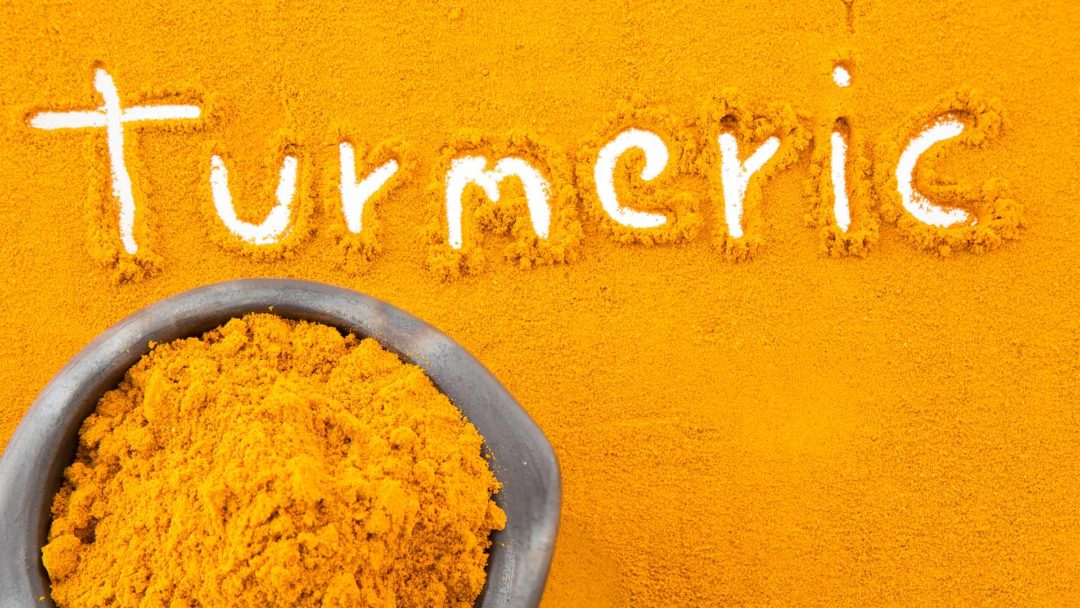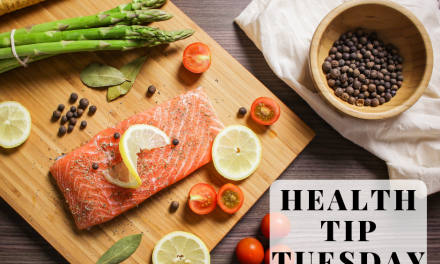Turmeric, also known scientifically as Curcuma longa, is a herb indigenous to India and other Southeast Asian countries. It has been used to spice up food for centuries since 2000 BC. Its root is usually dried and ground into the yellow turmeric powder that imparts its distinct color to curry dishes. However, in recent years, it has become popularized worldwide due to its amazing medicinal properties. Over 9000 scientific studies have been conducted to investigate the herbs pharmacotherapeutic benefits. These studies have suggested that turmeric contains active ingredients known as curcuminoids which are responsible for its health benefits. The herbs health benefits range from its anti-inflammatory properties to its ability to improve brain health. Here are a few benefits of this amazing “wonder drug”.
Benefit #1: Pain and Inflammation
At the root of every disease lies an inflammatory process. Inflammation is the body’s way of mounting an immune response towards pathogens or tissue damage. It is often associated with pain that can make life unbearable sometimes. There are several medications with anti-inflammatory properties to reduce pain. However, recent studies have shown that natural compounds such as curcumin could have better anti-inflammatory benefits. A study published in the journal Oncogene showed that it is as effective as popular non-steroidal anti-inflammatory drugs such as Aspirin and Ibuprofen. Its potent anti-inflammatory effects have led to studies to evaluate the possibility of using it in management and prevention of Alzheimer’s disease. Although the studies are inconclusive, it is stipulated that curcumin blocks the activation of NF-kB, a nuclear factor that travels into the nuclei of cells and activates genes related to inflammation. These studies are promising, and a breakthrough is likely to be achieved sooner than later.Benefit #2: Cardiovascular Health
Conditions affecting the heart can be fatal because they rarely present with obvious signs and symptoms until it is too late. Medications used to manage these conditions can have potential adverse reactions. Studies have thus suggested complementing these conventional medicines with natural herbs such as turmeric. But how exactly does turmeric help with cardiovascular disease? Well, the active substance in turmeric, curcumin, has potent antioxidant effects which reduce cardiotoxicity observed in certain conditions. It also has anti-thrombotic, antiproliferative, and anti-inflammatory effects which decrease the serum cholesterol level thus offering protection against the pathological changes occurring with atherosclerosis. A study published in a journal Cardiology in the Young reported that daily supplementation of curcumin at a dose of 45mg/day for 14 days significantly reduced ischemic injury and inflammation in patients who had undergone heart surgery.Benefit #3: Brain Health
The benefits of curcumin on our mental state cannot be understated. Aside from its potential use in the management of Alzheimer’s disease, curcumin offers several other neurological benefits. For instance, studies have shown that it has great potential as a natural antidepressant. By stimulating the release of the neurotransmitters serotonin and dopamine, it is able to alleviate depressive symptoms. A study that compared its efficacy to that of renown selective serotonin reuptake inhibitor, Prozac, showed that patients who used both curcumin and Prozac as combined therapy had a greater outcome than those who used Prozac alone. Aside from reducing depression, curcumin also reduces anxiety especially in women with premenstrual syndrome. Although there are few studies conducted to confirm its benefits as a stress reliever, it is stipulated that it reduces stress by normalizing cortisol balance. Bottom Line: If you are already working out or an athlete, keep doing what you are doing. You might want to add in some interval training which is just another way to ramp up the heart rate. Just know that what is good for your heart is good for your brain. Everyone needs to understand this is key because it is easy to get caught up in the all or nothing mentality. It is important to start where you are otherwise you are likely to get too sore or injured. It is better to start light and micro progress so you are always moving forward. Even as an experienced athlete, when you add a new program start small and add at a slow rate. You may be in shape but new workouts use muscles in different ways. So now you should decide what exercise you are going to do if you are just starting? Have you decided what you are adding if you already work out or you are an athlete? Have you scheduled your workout time into your phone? Have you chosen the day you are starting? Is it tomorrow? Your brain will be so happy you did.Turmeric has numerous other benefits such as the alleviation of allergy symptoms, the reduction of pain associated with arthritis and even chemo-preventative benefits. These have popularized its use worldwide. It is therefore recommended that you add a little bit of it as part of your diet or even get supplements. It is important that you consult your physician before you can make any changes to your treatment regimen if you are on any medications.
Check out the Curcumin supplement I use with my patients.












